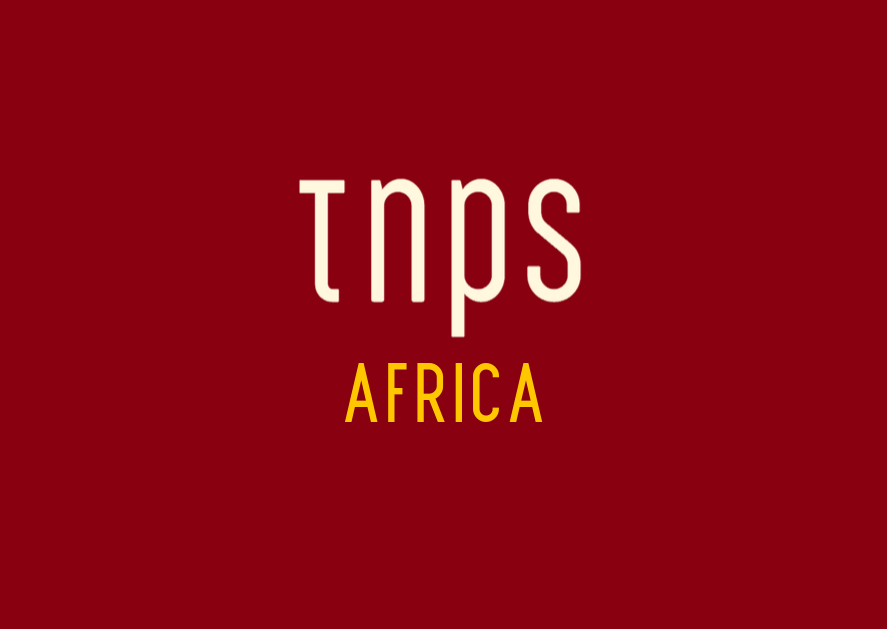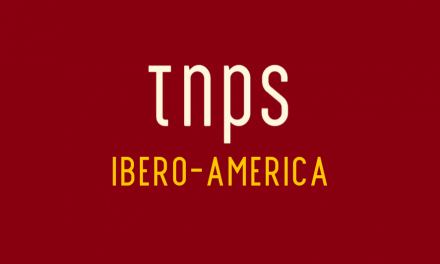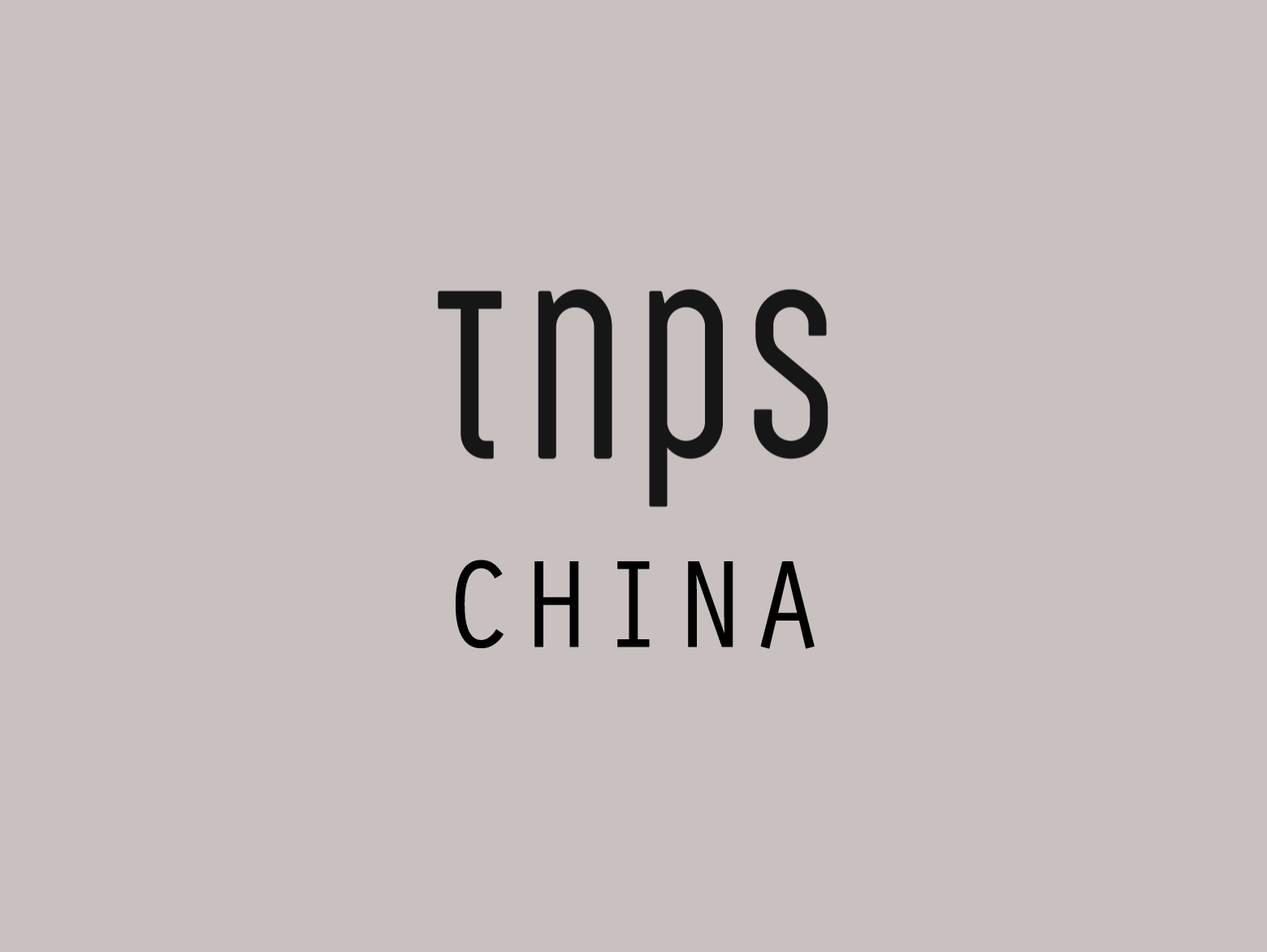Earlier this year TNPS reported on a move by the Rwandan government to bring its educational publishing programme in-house, putting the future of local publishers at risk.
African publishers pay the price for putting all their eggs in one basket
Now South Africa looks set to follow suit.
Zimasa Velaphi, chief director of communications and marketing for the Department of Arts and Culture, has said the department will scale up its own publishing operations “by the end of the 2018/2019 financial year”.
According to the department the publishing strategy, a partnership initiative with the National Library of South Africa to mark its 200th anniversary in 2019. will be expanded from,
disseminating classic texts that have been out of print, combined with a focus on texts looking at the library’s specialist role and nurturing new authors who would not otherwise have been able to publish, as part of the transformation and redress agenda.
Which all sounds very noble, but the Publishers’ Association of South Africa is not best pleased. Executive Director Mpuka Radinku said,
From a publisher’s point of view government’s entrance as a bigger publisher is certainly a threat. It will have a negative impact on small publishers and many will be put out of business because they will find it difficult to compete. Government should be facilitating the country’s creative and cultural development agenda, not being a player and a referee at the same time.
The government’s publishing unit, Publishing House was established in 2004 and has since published 92 books across South Africa’s indigenous-languages.
While printers will still benefit, as Publishing House does not have its own presses, local publishers face an uphill struggle.
Many South African publishers voicing concerns about not just the financial implications of an expanded state publishing programme, but also the political implications. The government-run publisher could be misused for political ends down the road.
Blackbird Books’ Thabiso Mahlape said,
Small publishers literally survive hand to mouth and what the department intends to do is not going to transform publishing in South Africa. They should be building the sector, not competing against it by developing their own market.
The department just tries to tick boxes and is still doing things in an outdated way. They do things like invite small publishers to set up stalls at international book fairs, but won’t pay for the costs of getting the books flown to that country. Meanwhile, at this rate a company like mine is likely only going to be in business for another three years.
Independent publishers, reports the Daily Maverick,
have in the past few years become an alternative publishing avenue and have shaken up the publishing environment. Emerging writers who might have been snubbed by bigger publishing houses have been able to get a foot in the door. At the same time independent publishers have worked to be set up in networks and associations to ensure the standard of publishing remains of high.
Now they don’t know where they stand and how the department’s new plans will affect them.
Elitha van der Sandt, speaking for the South African Book Development Council, said,
We trust that the the department is still planning to consult the book sector in this regard, especially the many small and independent publishers who currently promote new voices and voices in languages other than English, and who operate under very challenging conditions.
For publishers in South Africa, across the African continent and around the world, the message is clear.
Don’t put all your eggs in one basket. Diversify in reach and format embrace the opportunities advances in publishing technology offer publishers across the globe.





